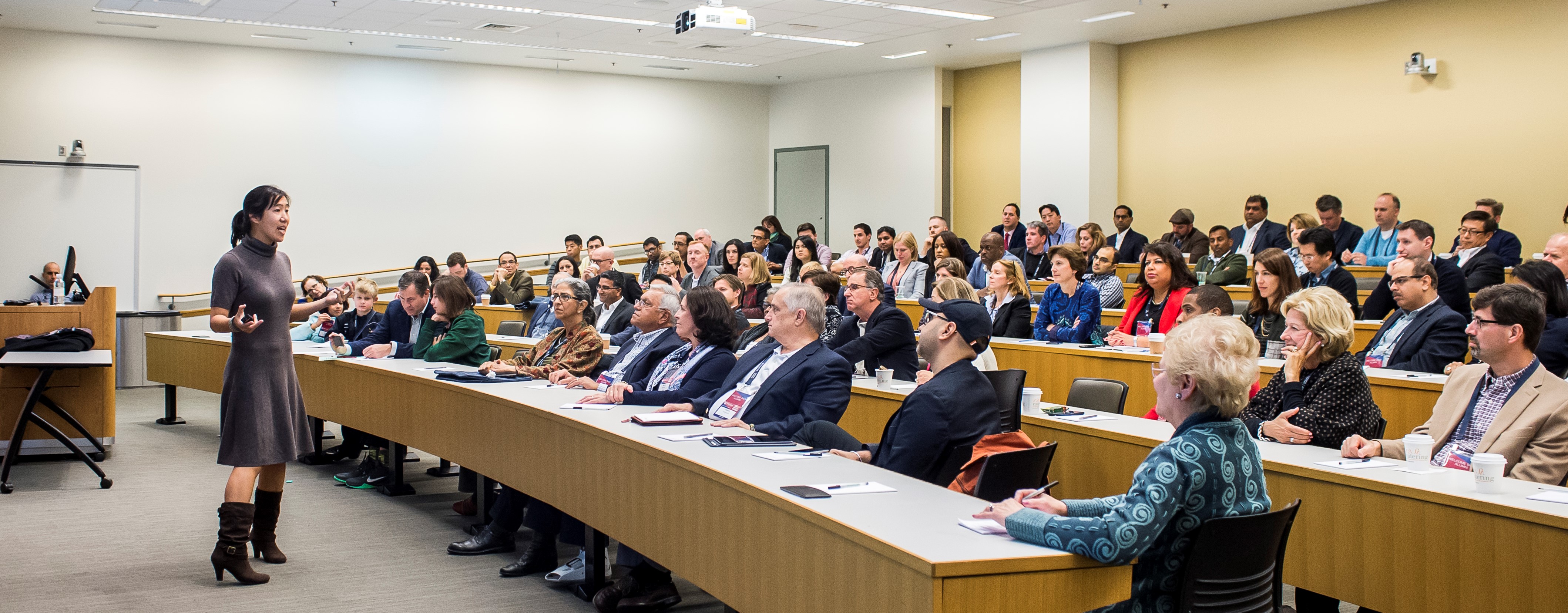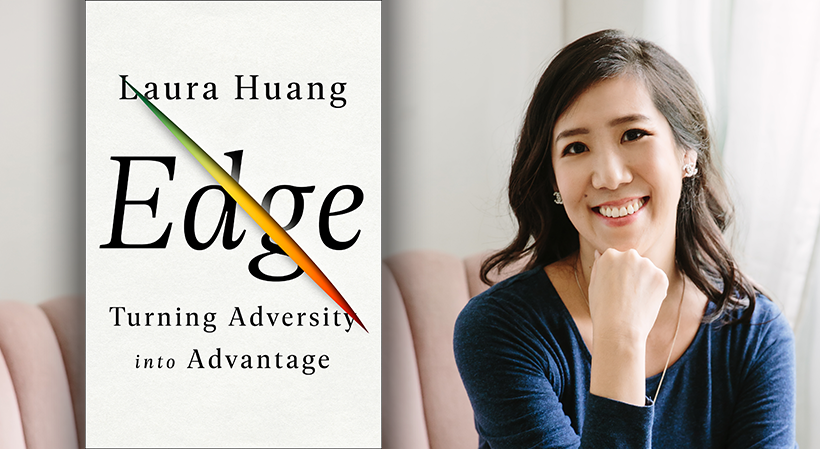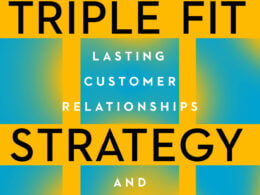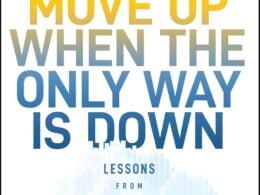Harvard Business School professor Laura Huang spent a decade studying interpersonal relationships and implicit bias in entrepreneurship. The former investment banker and consultant noticed that it wasn’t always the hardest workers who got ahead. Often, it was those who had inherent advantages or figured out how to create advantages for themselves.
That realization inspired Huang’s new book, “Edge: Turning Adversity into Advantage,” which explores how entrepreneurs can break through obstacles by reshaping perceptions.
We caught up with Huang to find out more.

This conversation has been edited for clarity and brevity.
StartupNation exclusive savings on the Dell products that power your business: Save Now
StartupNation: What inspired you to write this book?
Laura Huang: There were a lot of things; I had been thinking about writing this for a while. It’s a book that’s based on over 10 years of my research. I’ve been researching the disadvantages that people face in the workplace, in startups, as well as people who are underestimated. I kept getting asked the question: What do we do about that?
The last couple of years, I’ve been doing a lot more research specifically around that. How do we empower ourselves to create advantages for ourselves when we might not naturally have them? There are certain people who are given a position of privilege. When we see people like that, are there ways in which others of us can make our own privilege? That’s really what the book is about. It’s creating circumstances where your hard work works harder for you.
StartupNation: What are some ways that entrepreneurs can create their own circumstances?
Laura Huang: When people realize that hard work doesn’t speak for itself, it’s almost empowering in some ways, because when we realize that some people naturally have an advantage and other people have to create one for themselves, we start to understand that hard work is critical, but it’s not enough.
We then realize that it’s often about the signals, perception and stereotypes of others, so we can slip stereotypes and obstacles in our favor. That’s when we can find and create our own edge. The book is entitled “Edge: Turning Adversity into Advantage,” because you can actually guide the perceptions of others. You can thwart the stereotypes that others have of you in your favor. You can rely on and trust your strengths and your alleged weaknesses and turn those underestimated strengths and weaknesses upside down to succeed in both business and in life.
Related: This Author and Entrepreneur Wants You to Follow Your Most Dangerous Ideas
StartupNation: Would you share an example of that?
Laura Huang: In some of my research, the assumption is that people who have an accent are not going to be as good at their jobs or as good at fighting for resources or starting companies. A lot of people assume that it’s because of communication. I conducted a number of studies where I found it’s not actually about communication. In fact, in random trials, people are able to learn as much, if not more, from people who have accents.
We make these assumptions about people with accents, thinking that for example, they’re less influential or they’re less politically skilled. When people who do have an accent realize these are the perceptions that others have against them, there’s a power that comes with that. They can take those perceptions and flip them in their favor. When they go into an interview, they can very simply say something like, “Let me tell you about a time when I fought for resources for my team.” Or, “Let me tell you about a time when I faced some circumstance and was able to land the deal.” You redirect those perceptions into something that you want them to see in you.
It’s about being able to write your own narrative and guide others’ view of you.
Female founders face this, as well. Sometimes it’s a matter of investors not asking them the same types of questions or treating them differently from their male counterparts.
An investor might listen to a woman giving a pitch and a man giving a pitch. After the man is done, he receives numerous questions. With the female, investors might try to be polite and ask questions that are more benign. They’re much more certain about the male entrepreneur’s venture and less so about the female entrepreneurs.’ When female entrepreneurs can recognize that, they can frame things to their advantage.
One thing that I found in my research is that men are more likely to get asked questions about how big the opportunity could get, the potential and how they could scale it. Women are much more likely to get asked questions around the risks and the potential losses or competitors.
So, female entrepreneurs should recognize that and quickly answer the question around the potential losses and the competitors, but then they say, “Here’s where it gives me an opportunity to really scale and grow my business.”
StartupNation: Are there any entrepreneurs who this especially well?
Laura Huang: One entrepreneur who I’ve seen do this really well as the CEO of Boxed. People order products in bulk and the company dropships it to your office or to your home. Boxed is competing with gargantuan companies. A lot of the questions that they get asked are related to their competitors and how they could ever possibly compete against the huge goliaths in the industry.
What Boxed does really well is addressing this fact, but then moving beyond it very quickly to show how the business is unique, along with strengths that separate them from the competition.
Sign Up: Receive the StartupNation newsletter!
StartupNation: Is there anything else you’d like readers to know about you or your book?
Laura Huang: We tend to assume that there’s this meritocracy. From a young age, we teach children that hard work will speak for itself, but that often leaves us frustrated. You can take two different people who work equally as hard and one will inevitably be more successful than the other. It’s not just hard work that’s dictating the outcome. It’s the perceptions and the attributions and the signals that others are making about us.
The more that we can guide that process and guide the way people see us, that’s where we’re going to be able to create those advantages. That’s where we create those circumstances where our hard work does work harder for us.
“Edge: Turning Adversity into Advantage” is available now wherever books are sold and can be purchased via StartupNation.com.






